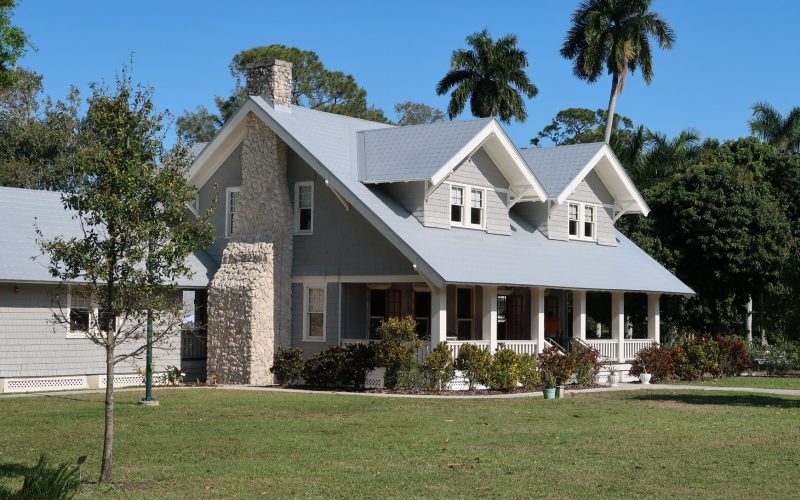-Should I be afraid to buy a property with the mention “sale without the legal guarantee”?
Not necessarily. Most of the time, when a property is sold without the legal warranty, it is because it is an estate or an income property. In both cases, the seller has never lived in the building, so he can not declare as many facts, events or problems as an occupying owner. It is for this reason that he protects himself by withdrawing the legal guarantee.
Contrary to some beliefs, this does not always mean that there is “something wrong” with the property. Obviously, this type of sale involves certain risks for the buyer (ex: no recourse against the seller in the event of hidden defects). This is why the price of these properties is generally less. *Please note that in this type of situation, a pre-purchase inspection by a building inspector is recommended.
– Are people ”being tricked” by paying for a property at a price higher than that of the municipal assessment?
It’s normal. he municipal assessment unfortunately does not reflect the market value of a property, it rather determines the value of the municipal taxes. The value of the municipal assessment changes every 3 years and increases according to an established percentage. You will therefore understand that it will never take into account the principle of supply and demand, the improvements made to a property and the real value on the market. The market assessment of a property is a concrete and precise process in time while the municipal assessment is an approximate calculation determined in advance.
-What is the minimum down payment for a first purchase?
It depends on two factors: the type of property you want to buy and whether or not you intend to live in it. If you want to be an owner-occupier, the required down payment will be 5% for a house, condo or duplex and 10% for a triplex and quadruplex. Conversely, if you want to buy without intending to live in it, the down payment percentage increases to 20%, regardless of the type of home.
-Is it important to have a property inspected before buying it?
YES! Building inspection is always recommended. It makes it possible to identify problems, improvements or dangers. Contrary to many beliefs, the inspection is not made to negotiate, unless there are major problems unknown to the seller. All properties have small issues and buyers are aware of them.
-What costs should I plan for when buying a house?
It is very important to take into account all the costs associated with the purchase of a property in order to properly establish the search budget. To avoid any surprises, you should at least plan for these expenses: down payment, pre-purchase inspection, notary fees, welcome tax, moving expenses, mortgage loan insurance costs (the premium is added to the loan, but the 9% tax is payable at the notary) and housing, development costs (decorations, furnishings, painting, renovations, etc.).




